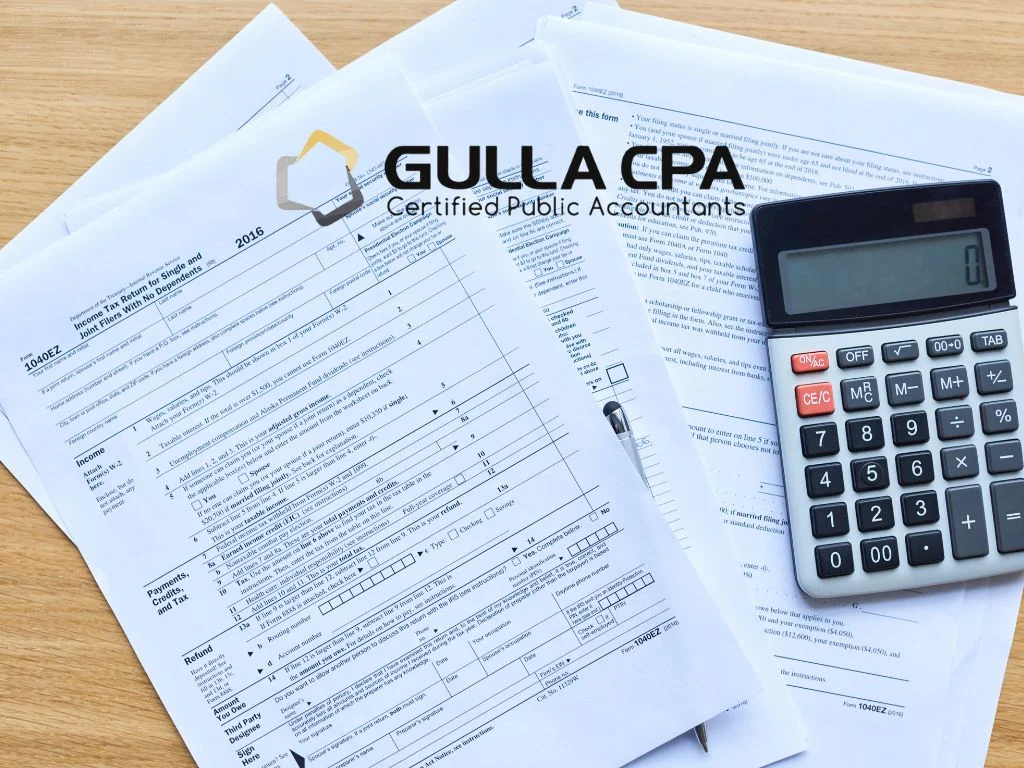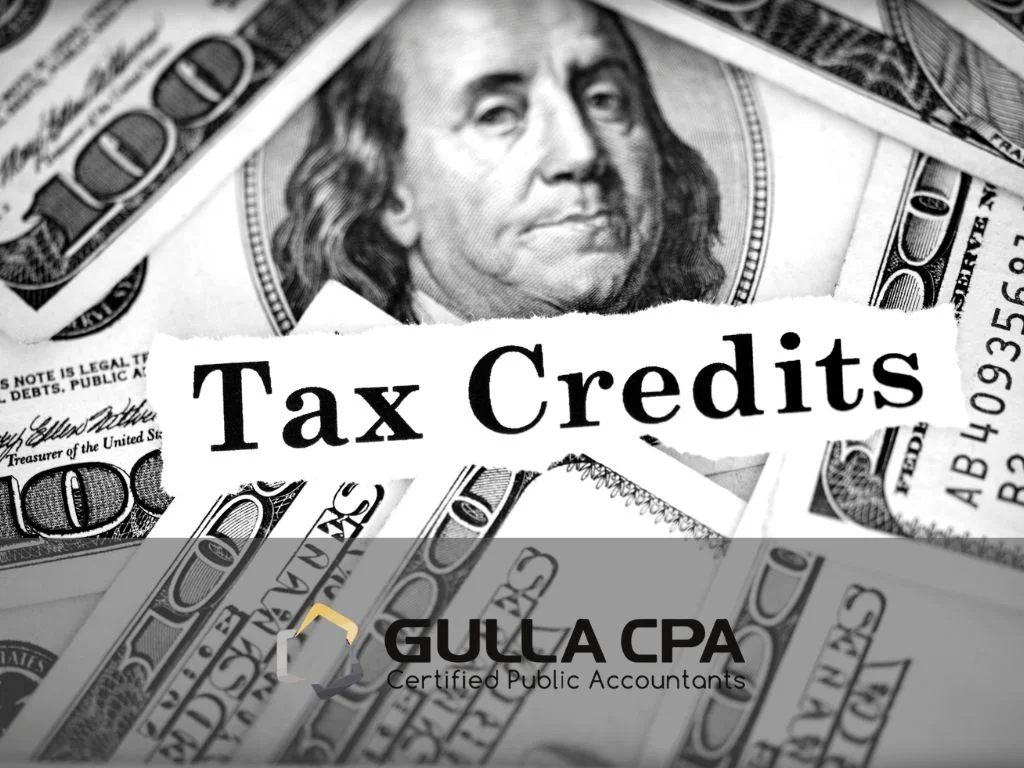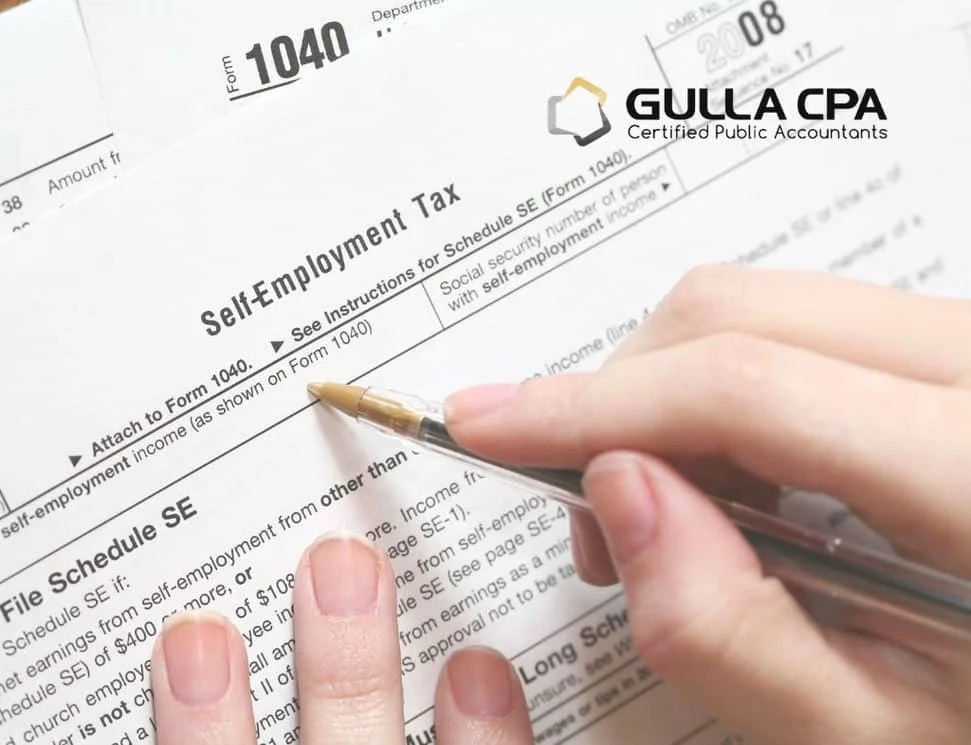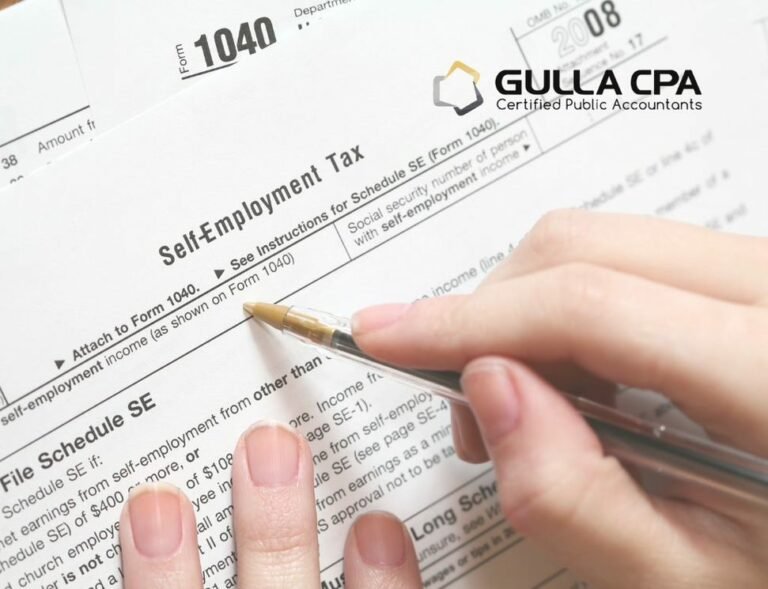When you think about the traditional nine-to-five job, what comes to mind? A suit and tie? An office with a view? Or, maybe you think about the grind of the daily commute and the politics of working with a team.
Whatever your perception, there’s no doubt that for many people, the traditional job is not their cup of tea. For these folks, self-employment may seem like a dream come true.
A 2016 study revealed that one in six Americans working traditional jobs would like to become independent earners. Another study found that nearly 30% of Americans are self-employed, with up to 44 million workers in the United States falling into this category.
The lure of self-employment is strong, and it’s not hard to see why. When you work for yourself, you’re the boss. You set your own hours and decide how to spend your time. You also get to reap the rewards—financial and otherwise—of your hard work.
But self-employment is not all rainbows and butterflies. There are also some definite drawbacks, including the challenges of maintaining a steady income and managing your taxes.
In this article, we’ll take a closer look at the implications of self-employment. We’ll explore the benefits and drawbacks, as well as some things to consider if you’re thinking about making the switch.
Benefits of Self-Employment
There are many reasons why people choose to work for themselves. For some, it’s a desire to be their own boss. Others are drawn to the flexibility and freedom that self-employment offers. But still, some are motivated by the potential to earn more money.
Let’s take a closer look at some of the top benefits of self-employment:
1. You’re the boss:
One of the most significant advantages of working for yourself is that you get to call the shots. When you’re self-employed, you decide how to spend your time and where to invest your energy. This can be a huge perk, especially if you’re not the type to play well with others.
With no one to answer to but yourself, you can structure your days in a way that works for you.
If you’re a morning person, you can start your workday early and take a break in the afternoon. And, if you prefer to work late into the night, you can do that too.
The bottom line is that you have the freedom to work when and how you want.
2. You can make more money:
Depending on your industry, self-employment can also be a great way to earn a higher income. Working for someone else, you’re limited to earning a salary or hourly wage. But as a self-employed individual, the sky’s the limit.
Of course, this doesn’t mean that you’ll automatically start earning more money just because you’re working for yourself. But it does provide the opportunity to increase your earnings potential by taking on more clients or working longer hours.
3. You can qualify for the QBID:
Qualified Business Income Deduction (QBID) is a tax deduction available to self-employed individuals and business owners. It allows you to deduct up to 20% of your qualified business income, making it a potentially valuable tax break for self-employed individuals.
To qualify for the QBID, you must have:
- A business operated as a sole proprietorship, partnership, LLC, or S corporation
- Qualified business income from the business, which roughly translates to non-passive income earned by selling goods or providing a service
- Modified adjusted gross income below certain thresholds
If you’re self-employed and your business meets the criteria, you may be able to take advantage of this deduction.
4. You can deduct expenses you may not be able to as a W-2 employee:
As a self-employed individual, you can deduct a wide range of business expenses on your taxes. Office supplies, mileage, travel, and meals are just a few of the many deductible expenses. And, in some cases, you may even be able to deduct the cost of your home office.
W-2 employees, on the other hand, can’t deduct expenses against their W-2 income. Irrespective of how high your taxes may be, as a W-2 employee, you’re stuck paying taxes you incur on the job.
Deductible expenses for self-employed individuals are much less restricted. As long as the costs are related to your business, you can probably deduct them.
Drawbacks of Self-Employment
Of course, self-employment isn’t all roses and rainbows. Here are some of the potential drawbacks you should consider before making the switch.
#1. You’re responsible for making estimated tax payments:
Between federal and state taxes, self-employed individuals have a lot to keep track of. And, if you’re not careful, it’s easy to get behind on your taxes.
As a self-employed individual, you’ll be responsible for paying estimated tax payments yourself. The taxes for self-employment/independent contracting include:
- Federal taxes
- State taxes
- Medicare Taxes
- Social Security taxes
It’s worth noting that self-employed wage earners pay the full 2.9% Medicare and 12.2% Social Security tax rate, whereas W-2 employees only incur half the cost as their employer pays for the other half.
The IRS requires self-employed individuals to file Sch SE along with their annual return and pay estimated taxes quarterly. This means that you’ll need to budget for taxes throughout the year and make sure you’re setting aside enough money to cover your tax bill.
#2. You’re responsible for your own health insurance:
There’s a good chance you’re used to having health insurance through your employer. But, when you’re self-employed, financing your health insurance becomes your responsibility.
The cost of health insurance will vary depending on your age, location, and the type of coverage you need. But, in general, you can expect to pay more for health insurance as a self-employed individual than you would as an employee.
You may be able to deduct the cost of your health insurance premiums on your taxes. But, even with the deduction, you’ll probably still end up paying more for health insurance than you did as an employee.
#3. You may have a hard time qualifying for loans:
Unfortunately, self-employment often comes with a bit of financial instability. And this can make it challenging to qualify for loans, lines of credit, and other forms of financing.
When you’re self-employed, lenders will usually look at your business’s financial statements to determine whether or not you qualify for a loan. If your business isn’t doing well, or you don’t have enough income to cover the loan payments, you probably won’t be approved.
Even if your business is doing well, you may still have difficulty qualifying for a loan. That’s because self-employed individuals often have a higher debt-to-income ratio than W-2 employees. As a result, they’re considered to be a higher risk by lenders.
Is Self-Employment Right for Me?
Now that you know more about the implications of self-employment, it’s time to decide if it’s the right choice for you.
There are a lot of factors to consider when choosing between self-employment and traditional employment. And there’s no right or wrong answer. It all depends on your unique circumstances and what’s best for you.
Here are a few things to keep in mind as you make your decision:
- Are you comfortable with financial instability?
- Do you have a good support system in place?
- Are you prepared to handle the taxes and paperwork associated with self-employment?
- Are you willing to sacrifice employee benefits, like health insurance and retirement savings?
- Are you self-motivated and disciplined enough to work without supervision?
Think carefully about your answers to these questions. If you’re unsure whether self-employment is right for you, it’s always a good idea to speak with one of our tax professionals.
They can help you weigh the pros and cons of self-employment and make the best decision for your unique situation.













